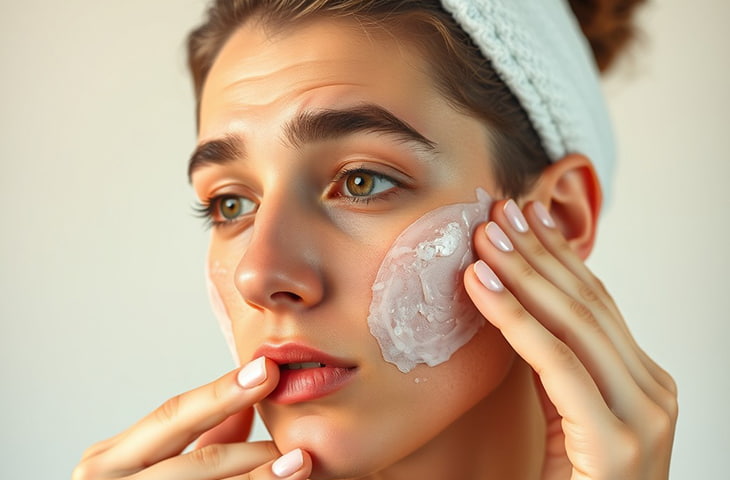Comprehensive Guide to Acne: Causes, Symptoms, and Effective Treatments

Understanding and Treating Acne Effectively
Acne is a prevalent skin condition that affects individuals across various age groups, causing physical discomfort and often impacting self-esteem. Understanding its causes, recognizing the symptoms, and exploring effective treatments are crucial steps toward managing and alleviating this condition.
Causes of Acne
Acne develops when hair follicles become clogged with oil (sebum) and dead skin cells. Several factors contribute to this process:
- Hormonal Changes: Androgen hormones increase during puberty, leading to enlarged sebaceous glands and increased sebum production. Hormonal fluctuations during menstruation, pregnancy, or due to certain medications can also exacerbate acne.
- Genetics: A family history of acne can predispose individuals to developing the condition.
- Diet: While the relationship between diet and acne isn't fully understood, some studies suggest that certain dietary factors, like dairy products and carbohydrate-rich foods, may trigger acne.
- Stress: Stress doesn't cause acne but can worsen existing conditions by triggering hormonal responses that increase oil production.
Symptoms of Acne
Acne manifests in various forms, including:
- Whiteheads: Closed plugged pores beneath the skin surface.
- Blackheads: Open plugged pores that darken due to oxidation.
- Papules: Small red, tender bumps.
- Pustules: Red spots with a white or yellow center.
- Nodules: Large, painful lumps beneath the skin.
- Cysts: Painful, pus-filled lumps beneath the skin.
These lesions commonly appear on the face, forehead, chest, upper back, and shoulders.
Effective Treatments for Acne
Managing acne often requires a combination of treatments tailored to individual needs. Consulting a dermatologist is essential to determine the most appropriate approach. Common treatments include:
- Topical Medications:
- Retinoids: Derived from vitamin A, these help prevent hair follicles from becoming clogged.
- Antibiotics: Reduce bacteria and inflammation.
- Salicylic Acid and Azelaic Acid: Help reduce swelling and clear blocked pores.
- Oral Medications:
- Antibiotics: For moderate to severe acne, to reduce bacteria and fight inflammation.
- Hormonal Therapies: Such as birth control pills, which can be effective for women.
- Isotretinoin: A powerful drug for severe acne unresponsive to other treatments.
- Therapies:
- Light Therapy: Targets bacteria causing acne.
- Chemical Peels: Remove dead skin cells and reduce mild acne.
- Drainage and Extraction: Remove large cysts.
- Lifestyle and Home Remedies:
- Gentle Cleansing: Use a mild cleanser twice daily.
- Avoid Picking or Squeezing Pimples: To prevent scarring.
- Noncomedogenic Products: Use makeup and skincare products that don't clog pores.
- Healthy Diet: Incorporate a balanced diet rich in fruits, vegetables, and whole grains.
It's important to note that treatment effectiveness varies, and it may take several weeks to notice improvements. Consistency and patience are key.
Preventive Measures
While not all acne can be prevented, certain practices can help reduce its occurrence:
- Maintain a Regular Skincare Routine: Cleanse your skin gently and regularly.
- Avoid Heavy Makeup: Opt for products labeled as noncomedogenic.
- Shower After Sweating: Perspiration can worsen acne, especially when wearing tight clothing.
- Manage Stress: Engage in stress-reducing activities like exercise or meditation.
By understanding acne's causes, recognizing its symptoms, and exploring effective treatments, individuals can take proactive steps toward managing this common skin condition and achieving clearer, healthier skin.
Sources:


